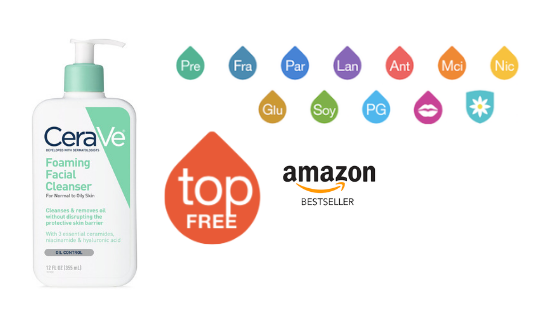Ustekinumab: New Drug more Effective
A new biologic agent, ustekinumab, appears to be an effective and faster-acting therapy for psoriasis. Psoriasis is a chronic skin condition that causes skin redness, scales and irritation. Biologic agents block certain proteins produced in the body. This new drug inhibits the interleukin-12 and interleukin-23, which are two proteins involved in regulating immune responses at the cellular level. Ustekinumab is administered by subcutaneous injection under the supervision of a physician. The recommended dosage is an initial dose followed by a repeat injection four weeks later, then every 12 weeks. Precautions should be taken because there is an increased risk of infection and malignancy.
Tacrolimus & Pimecrolimus: New Use Discovered
Tacrolimus and pimecrolimus are two calcineurin inhibitors that are currently approved to treat atopic dermatitis. In some cases, these drugs have been effective in treating psoriasis. Calcineurin inhibitors are thought to disrupt the activation of T cells, which are a type of white blood cell involved in immune responses at the cellular level.
In the presence of psoriasis, these drugs appear to reduce inflammation and plaque build up. Calcineurin inhibitors are used only under the supervision of a physician. They are especially helpful in treating areas of thin skin, such as around the eyes. They are not intended for long-term or continuous use because of the potential increased risk of skin cancer and lymphoma. The most common side effect is skin irritation.
Narrowband UVB Therapy: the Newest Type of Phototherapy
Phototherapy uses natural or artificial ultraviolet light. Natural phototherapy is controlled exposure to sunlight. Narrowband UVB therapy is the newest type of phototherapy using an artificial UVB light. It is considered more effective than broadband UVB therapy. Treatments are generally administered two or three times per week, until the skin improves. Maintenance therapy is a weekly session. Short-term side effects of UVB therapy include redness, itching and dry skin. However, narrowband UVB therapy can cause more severe and longer lasting burns.
Excimer Laser: Innovative Laser More Effective
A new 308-mm excimer laser offers a new and more effective approach to treatment. This laser, used to treat localized psoriasis, delivers a controlled, powerful beam of UVB light of a specific wavelength. Fewer treatments are required. The remission rate of symptoms is longer than with other types of phototherapy. Side effects include redness and blistering.
Sources
Drugs.com: “Newer Drug More Effective in Psoriasis Treatment”
http://www.drugs.com/news/newer-more-effective-psoriasis-22017.html
Rxlist: Stelara
http://www.rxlist.com/stelara-drug.htm
Mayo Clinic: Psoriasis
http://www.mayoclinic.com/health/psoriasis/DS00193/DSECTION=treatments-and-drugs
Dermatology Journal Online: Remissions of Psoriasis with Excimer Laser Treatment, Steven R. Feldman, 2002, volume 8 number 2
http://dermatology.cdlib.org/DOJvol8num2/correspondence/laser/laser.html
Reviewed July 11, 2011
by Michele Blacksberg R.N.
Edited by Kate Kunkel






Add a CommentComments
There are no comments yet. Be the first one and get the conversation started!